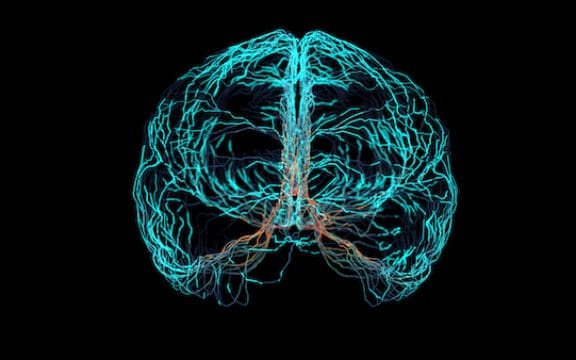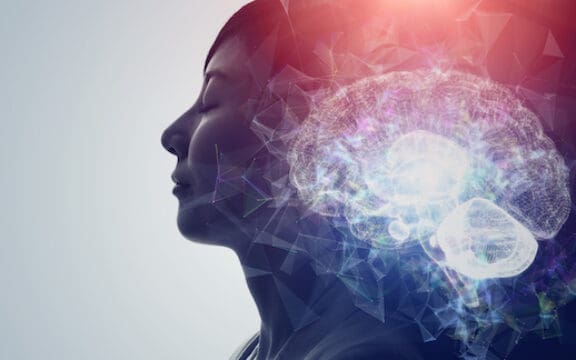We’ve all heard someone say, “You are what you eat.” Usually the sentiment applies to the physical state of our bodies, but have you ever wondered whether diet affects mental health? Interest in this question has grown among professionals as well as the public. New research in the field of nutritional psychiatry suggests there is, in fact, a link between diet and depression.
Studying the Link Between Diet and Depression
According to Professor Felice N. Jacka, founder and president of the International Society of Nutritional Psychiatry Research (ISNPR), there is a relationship between nutrition and the risk for depression and other mental disorders. While there is a pressing need for additional studies in nutritional psychiatry, the current evidence indicates a link between diet and depression regardless of where someone lives or how old they are.
That isn’t to say that diet alone can cure all forms of mental illness or that it will work for every patient. Jacka is careful to note that there are those who experience depression despite eating well and living a healthy lifestyle. Yet professionals in this field are hopeful that in many cases, changes to one’s diet will be able to prevent or treat depression.
In his book, The Happiness Diet, psychiatrist Drew Ramsey, M.D., explores how diet might affect mental health. According to Ramsey, many modern diets fail to sufficiently incorporate nutrients, such as magnesium, vitamin B12, iron, vitamin D, and special fats, that were once a larger part of the human diet. Instead, our diets today consist of a superabundance of “mood-destroying” food that is often processed, high in sugar, and full of unhealthy fats. Ramsey argues that the modern American diet has contributed to an increase in people suffering from depression. He recommends:
- Eating more fruits, vegetables, grass-fed beef, grass-fed butter, eggs, blue- and red-skinned small potatoes, and wild salmon.
- Opting for honey, pure maple syrup, or blackstrap molasses instead of white sugar when indulging in sweets.
- Incorporating curcumin, a nutrient found in turmeric, into your diet to improve your mood and reduce anxiety.
There are other lifestyle changes to consider besides diet, such as exercising and quitting smoking, as well as traditional treatment methods for depression. Patients are likely to experience the best results when using a combination of these strategies.
Treating Depression with Diet and TMS
Although the current research suggests a strong link between diet and depression, there is no one-size-fits-all approach to nutrition. Therefore, it is often helpful to consult with your family physician or nutritionist to develop an individualized meal plan. Creating a plan of action and improving your understanding of how nutrition affects your body and mind are critical steps for treating depression with diet.
It is equally essential to determine whether any other lifestyle changes or treatment methods should be a part of your depression therapy. At Mid City TMS, located in the center of Manhattan, our team emphasizes the importance of combining several forms of therapy in a comprehensive approach to treating depression. We often refer our patients to seek help from other professionals, such as nutritionists, in conjunction with our TMS treatments.
Transcranial magnetic stimulation (TMS) is a targeted form of brain stimulation therapy that uses a magnet to activate areas of the brain that are underactive among those with depression. It is safe, non-convulsive, non-invasive, and approved by the FDA. TMS is an especially appealing option for those who experience issues with other treatments or their side effects. For more information, please contact Mid City TMS today.






























